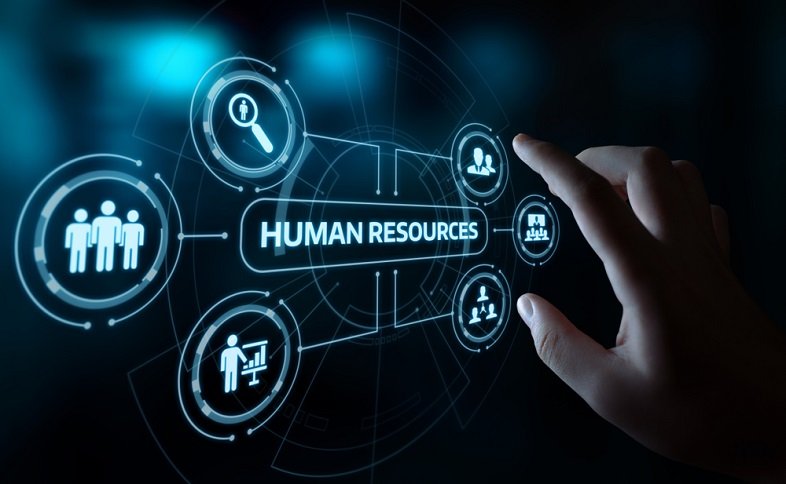From checking the organization’s hiring strategy to analyzing the retention rate of employees, technology has drastically transformed the HR industry.
The world as we know has changed a lot in the past decade and will do so in the next ten years. HR tech trends have revolutionized. Seeking talented candidates has never been this easy.
- Nearly 98 percent of Fortune 500 companies use an applicant tracking system (ATS) for screening the candidate’s resumes. This tool narrows down the applicant pool and identifies the potential candidates relevant for the job.
- About 80 percent of the candidates seeking jobs land their first job through texting. Texting is highly used while screening the candidate since most people spend more time on their mobile phones.
- Chatbots are highly efficient, especially during the initial recruitment stages wherein the candidates are supposed to answer a set of automated questions.
Despite the advantages, technology offers in recruitment, yet there’s a gap that still requires human intervention. The technology eliminates unwanted hassle; however, the recruitment process must not feel robotic.
The sync: Technology and human interaction
Without the right people, it is even tougher to get any work done. Technology is of less value if you don’t have the right people to use these them.
Employment branding
Based on research conducted by LinkedIn, over three-quarters of candidates seeking jobs tend to go through the company’s employer brand before applying for the job. Employer branding is considered crucial in the present day. While the HR tech helps the company spread awareness about the brand, a human touch can accelerate employee support.
Employees presently working in the company can get the opportunity to act as ambassadors, provide they like the company. The attitude of the employee, both positive and negative highly impacts a growing organization.
The interview
Technology plays a crucial role during the interview, not large tasks but smaller tasks like a video interview, scheduling of interviews, and distributing the candidate’s resume to the hiring managers. Although technology eases the interview process, a human connection is what makes the candidate feel valued.
Connecting through video interviews can build a good relationship between the interviewer and the candidate. However, nothing beats the face to face interview process. To be precise, the interview stage is the best time to interact personally with the applicant. Getting to know the candidate in person gives the employer a sense of their personality, skill, and expertise and whether they’re the right fir for the organization.
On-boarding process
Based on recent researches, organizations demonstrating the highest level of employee engagement had nearly 59 percent less turnover as compared to the other companies that do not possess strong employee engagement.
Companies having high employee engagement tend to have fewer absentees (41 percent) and at the same time boost productivity (21 percent).
The only way to get through this phase is by following a smooth and effective onboarding process. However, technology can also be added to the applicant tracking system for recruiters to send invites regarding any upcoming events, training videos, or any information about the benefits.
In another survey, almost 96 percent of the employees said obtaining empathy from employers convince them to stay at their current job. Employees who felt less valued in their organization were likely to perform poorly. Such employees are likely to leave the organization. Welcome activities, first-day lunches, and interactive training sessions need human intervention, and this cannot be achieved only through technology.
The present HR tech is already transforming within the digital space and is likely to do so in the foreseeable future. However, we must understand the fact that technology and human intervention go hand-in-hand.
The future of technology can be daunting for the HR industry. However, we will still need human intervention.













